Russia
Russia’s Central Bank on Friday (Jul. 26) raised its key lending rate to its highest level in more than two years to stem soaring inflation.
The move is intended to impede inflation by increasing the cost of borrowing and encouraging savings.
“Previously, we named four triggers for raising rates. All of them came into effect. First, persistent inflation is increasing. Secondly, consumer activity is not cooling. Thirdly, the positive gap in the economy is not narrowing, but labor market rigidity is growing. Fourthly, new pro-inflationary risks associated with sanctions have materialized,” head of the Central Bank Elvira Nabiullina said at a news conference Friday.
“GDP growth rates remained high in the first and second quarters (of 2024), while inflation accelerated. This means that the economy is still significantly overheated. Reserves of labor and production capacity are almost exhausted," she added.
"A shortage of these resources can lead to a situation where economic growth will slow down, despite all attempts to stimulate demand, and all the stɪmjʊləs will go into accelerating inflation. In essence, this is a stagflation scenario, it can only be stopped at the cost of a deep recession. Today's additional tightening of our policies will prevent such a scenario.”
The Bank stated that the situation resulted in part from “geopolitical tensions,” a reference to Western sanctions.
It conceded returning the inflation rate to the 4% target “requires tighter than presumed monetary conditions."
The bank revised the inflation forecast for this year to 6.5 to 7% and said it might consider further increases in the key rate at its upcoming meetings.
Next year inflation is projected to decrease to 4.5-5% and to remain close to 4% in the future, she added.




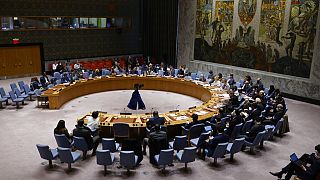
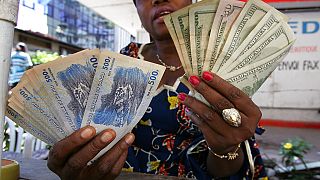
![Can BRICS+ de-dollarize the global markets? [Business Africa]](https://static.euronews.com/articles/stories/07/86/96/18/320x180_cmsv2_fd73f01c-a4f7-5ce7-8b07-17461da63098-7869618.jpg)
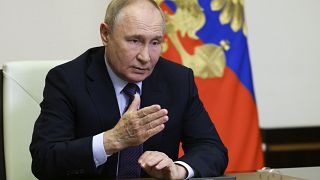
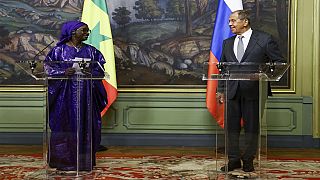
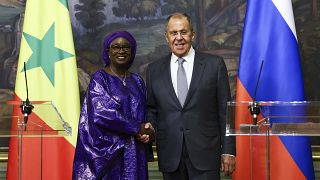
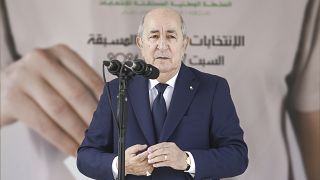

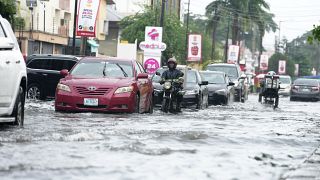
01:21
Political and military support: Dutch PM's pledge to Ukraine
Go to video
Libya’s powerful central bank governor sacked
Go to video
Nigeria detains students for allegedly displaying Russian flags during protest
01:07
Nigeria's gov't concerned over increased Russia's influence in the protests
01:47
Freed Russian opposition speaks after recent prison swap with U.S.